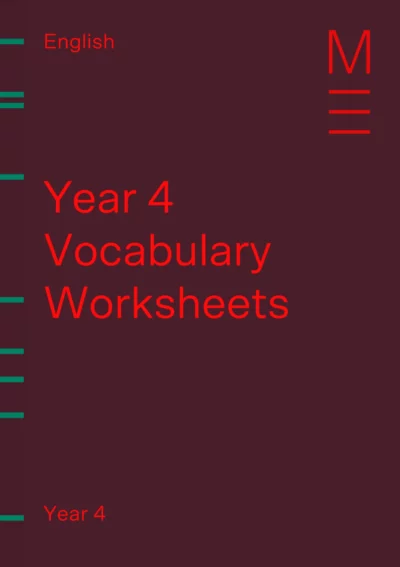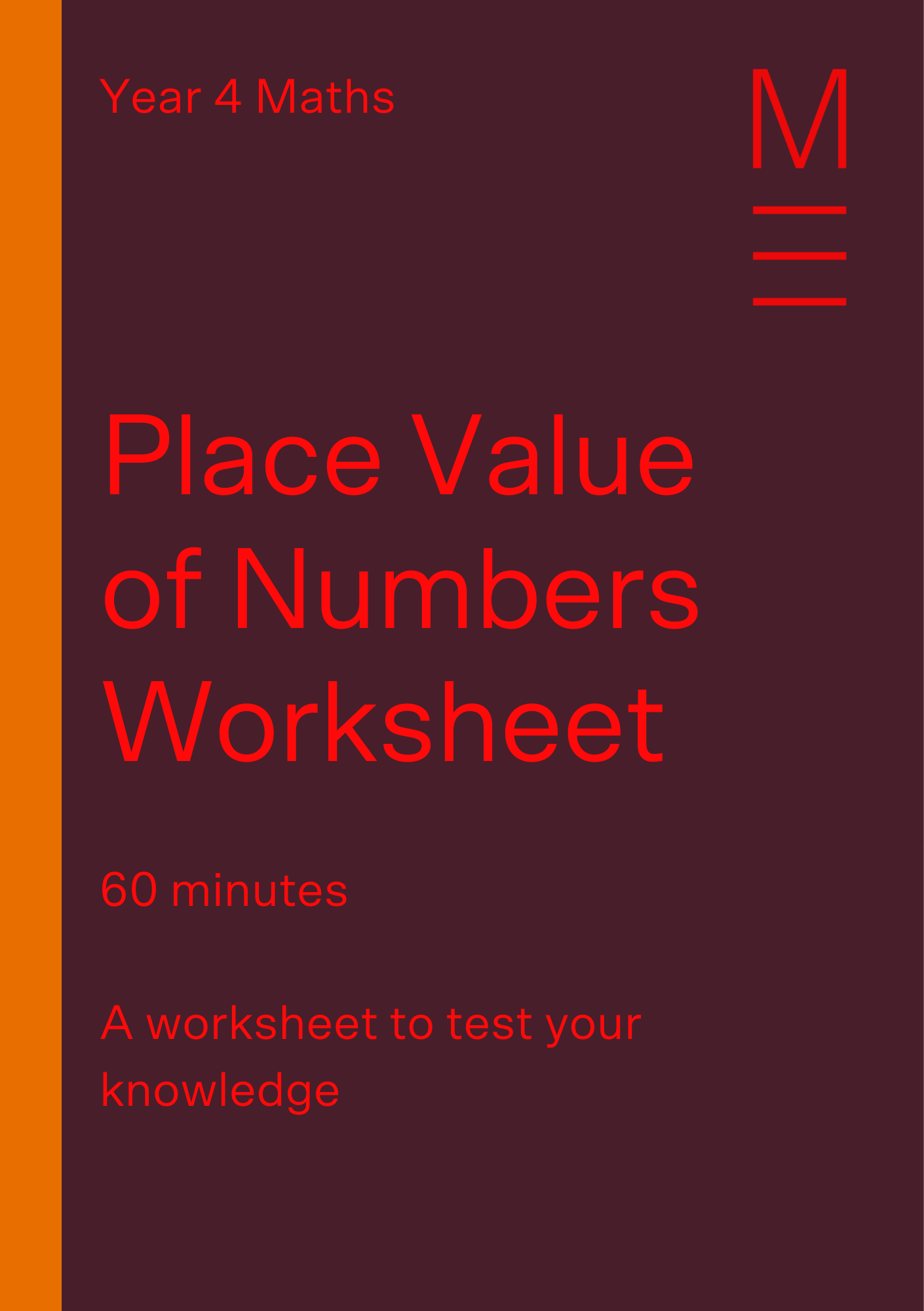Welcome to Matrix Education
To ensure we are showing you the most relevant content, please select your location below.
Select a year to see courses
Learn online or on-campus during the term or school holidays
Learn online or on-campus during the term or school holidays
Learn online or on-campus during the term or school holidays
Learn online or on-campus during the term or school holidays
Learn online or on-campus during the term or school holidays
Learn online or on-campus during the term or school holidays
Learn online or on-campus during the term or school holidays
Get HSC exam ready in just a week
Select a year to see available courses
Science guides to help you get ahead
Science guides to help you get ahead

In our Year 4 survival guide, we provide a detailed overview of the school year, so that you can help your child feel comfortable and prepare them to excel in school!
Year 4 is a year of consolidating knowledge and foundations, and one where students begin to develop new skills and strategies.
We know that starting a new year may be difficult or confronting for some students – and so here, we discuss important exams, common issues, key parental concerns, and so much more!
In this Year 4 survival guide, we will discuss:
Year 4 is the final year of Stage 2, the ‘middle’ years of primary schooling.
In Year 4, students may spend most of their time preparing for the upcoming Opportunity Class placement test held in July.
This is often a high stakes test that determines whether students are offered a place in the academically gifted and talented program, and as such, may place pressure on some students.
By reading this article, you will gain a better understanding of the course content, common issues experienced by students, and learn some tips and tricks to help your child succeed.
In Year 4, students should be prepared to:
In Year 4, students will spend the majority of time consolidating and expanding their knowledge on concepts learnt in Year 3.
Is your child ready for the
2025 OC Test?
Assess your child's OC exam readiness with
our FREE Mock Test! Receive a diagnostic report.
Often, students may required to pay attention in class for an extended period of time. When this happens, students with a shorter attention span may struggle to focus in class, or may become restless and have low energy.
That’s why it is so important to make sure your child is able to concentrate for long periods.
You can help them by minimising distractions and establishing a good routine for your child at home.
In Year 4, students may be assigned multiple class projects or tasks, such as a science project or speeches and presentations.
In particular, when these tasks are due close by, students may begin to feel overwhelmed and struggle to organise their time effectively.
So, it is important to check in with your child to see how they are going with their school tasks and homework.
Helping your child to plan ahead, prioritise tasks, and set clear goals can help improve their organisational skills.

Year 4 is only the fifth year of schooling that your child has undergone. This means that they still have eight years of school left!
That’s why it is crucial for your child to enjoy the learning process when in school.
We know that it is incredibly easy for students to feel stressed or overwhelmed, which may cause them to dislike studying.
So, to help your child appreciate the process of learning, try to foster a fun, engaging environment that encourages growth and improvement.
This means placing less stress on your child’s results, but instead, more emphasis on their progress and learning.
When students develop a genuine interest for learning and growth, naturally, their results will improve.
However, when there is immense pressure to perform well, students may feel burdened and crumble under pressure.
So, try to nurture a positive and safe environment where your child feels comfortable with making mistakes, instead of a strict, intense environment where mistakes are regarded as a failure or disappointment.
Stage 2 consists of Year 3 and Year 4 in primary school.
In Year 4, students will spend time building upon the knowledge and skills they have learnt in Year 3, including English, Mathematics, Science, Technology, HSIE, PDHPE, Creative Arts and Languages.
By the end of Stage 2, students understand how to use effective sentence structure, grammar, vocabulary and punctuation conventions. They should have also developed the skills to read fluently, interpret and comprehend texts on a range of rather challenging topics.
Your child should also learn how to use efficient mental and written strategies to solve different mathematical problems.
For the full list of Stage 2 learning outcomes, visit the NESA website here.
Now that you have an understanding of Stage 2 learning outcomes, what should you do next to help your child?
Well, after learning new skills and content in Year 4, it is crucial for your child to continually revise.
As a parent, your job is to assist your child in consolidating any information they have learnt.
And, there are many ways you could do this. For example, testing your child at home or on the way to school is an excellent way to squeeze in a bit of revision!
Practising timetables or spelling difficult words will expand your child’s knowledge and help identify any weak areas that your child may need to work on.

Now, onto one of the most important exams in Year 4, the Opportunity Class test.
Well, an Opportunity Class runs for two years, in Year 5 and Year 6.
And the purpose of an Opportunity Class is allowing academically gifted and talented students to learn in a high-achieving, stimulating environment.
Not only will your child be surrounded by like-minded and capable students, but they will also get the chance to learn more challenging content.
In 2021, the OC test has switched into a computer-based test that lasts for 60 minutes. All questions are multiple choice.The Opportunity Class test is an entry test that determines whether students are offered a place in an Opportunity Class.
In this test, there are three different components: reading, mathematical reasoning and thinking skills.
The table below explains each individual section in the OC test, including time-mark allocation and description of what each component assesses.
| Reading | 14 questions |
|
| Mathematical reasoning | 18 questions |
|
| Thinking skills | 18 questions |
|
Now, you must be wondering how to prepare your child for the OC test.
Well, exposing your child to a variety of different questions before sitting the OC test will help them feel more comfortable and confident. This means completing the sample questions available on the NSW Government website, or finding more resources and practice questions online.
Also, make sure that your child has sat a full practice exam under timed conditions, so that they feel comfortable completing the test in actual exam conditions.
Once your child has completed a set of practice questions, make sure that they have marked all their answers. It is so important for your child to review their work and check for any mistakes.
This will:

Remind your child that they should always pay attention to detail in questions, as this is one of the most common silly mistakes students make in the OC test!
Your child should also be able to concentrate for an extended period of time to ensure that they do not lose focus during the exam. To perform to the best of their abilities, students are expected to concentrate for the full 60-minutes.
If you find that your child is struggling to focus for long periods, you can try:
In Year 4, students will study the following subjects at school:
Often, there is more class time allocated for English and Mathematics in comparison to all the other subjects.
This will ensure students gain fundamental literacy and numeracy skills, whilst still developing other important skills such as sport and art.

In Year 4 English, students are expected to develop their reading, writing, interpretation and communication skills.
By the end of Year 4, students should be able to fulfil a range of different English outcomes – which we will go into more detail below.
These worksheets are designed to improve word knowledge, spelling, and language skills Fill out your details below to get this resource emailed to you. "*" indicates required fields
Build your child's vocabulary: Year 4 Vocabulary Worksheets

Build your child's vocabulary: Year 4 Vocabulary Worksheets
Well, Year 4 students should be able to communicate clearly and expressively in class, as well as interact with their peers either in pairs or groups.
Whether this be through planning and delivering speech presentations, or contributing to class discussions, your child should practise developing confidence in their own speaking abilities.
Furthermore, students are expected to read more difficult texts on their own, such as non-fiction, or chapter books.
Now, we know that many children often dread reading these types of texts, due to difficulty in understanding what the text is really saying.
However, by reading extensively, your child’s ability to view and respond to challenging texts will improve.
Not only are Year 4 students expected to read widely, but they should also be able to identify and comprehend literal information in texts.
Literal information is essentially the information directly stated in the text.
Being able to draw out main ideas or ‘literal information’ in texts is crucial to comprehending what the purpose of a text is.
In Year 4 English, students are expected to ask questions, make inferences, ask questions, and links ideas in the text.
If you’re feeling confused as to how to help your child – don’t worry, their teacher should help guide them through this!
Having learnt the basics of writing, Year 4 students should be able to use simple and compound sentences, and be able to paragraph, punctuate and use grammar properly.
Your child should also be able to spell words accurately, and identify regular and irregular spelling patterns.
In terms of writing styles, students should be able to write both creative and persuasive texts – which is important for their Year 5 NAPLAN test!

If you’re unsure about what concepts your child should know at Stage 2, take a look at the ‘What to expect for Year 3 Maths’ section in the ‘Year 3 Survival Guide’ to find out more.
In Year 4, students are expected build upon their Year 3 knowledge to learn efficient techniques to solve Maths problems.
They should be able to solve problems independently, and have increased fluency when doing so!
Give your child the practice they need to master place value and build strong maths foundations Fill out your details below to get this resource emailed to you. "*" indicates required fields
Get your Year 4 Place Value of Numbers Worksheet!

Get your Year 4 Place Value of Numbers Worksheet!
Well, students should be able to use both mental and written strategies to perform addition or subtraction problems.
This means your child should practise solving Maths problems for homework, as well as completing any additional worksheets or resources.
Practice is key when trying to improve your mathematical ability.
That’s why it is so important for your child to understand and apply concepts they have learnt to a variety of questions.
Here is a list of topics that your child will learn in Year 4:

Are you concerned about your child’s workload in school? Not too sure about your child’s progress and preparation for the OC test?
Well, you’re not alone.
Here, we’ll share common key concerns shared by many parents about their Year 4 child.
Are you worried about your child being overloaded with homework and projects? Does your child appear slightly stressed or overwhelmed?
If so, make sure to listen to your child’s concerns and let them share with you any challenges they are facing.
If you find your child is struggling to balance their schoolwork, help them create a to-do list or timetable to organise their tasks.
Another beneficial way to help out your child is by explaining to their classroom teacher about your concerns.
They will likely hear you out and hopefully, change up the class’ workload and homework.
You may be one of those parents who are unsure about your child’s progress leading up to the OC test.
So, what can you do to help?
Well, checking up on your child and asking them questions is a great way to identify their progress.
Ask direct questions such as:
Perhaps, you can even sit down with your child and go through OC practice test questions with them.
This will help create a more personalised learning experience for your child – and the best part is that you can identify what areas they need to improve on!
We know that starting a new school year can be challenging for many students and parents – especially in Year 4 with the upcoming Opportunity Class test.
And so, just remember to take it easy, relax, and try your best to support your child in any way possible!
© Matrix Education and www.matrix.edu.au, 2023. Unauthorised use and/or duplication of this material without express and written permission from this site’s author and/or owner is strictly prohibited. Excerpts and links may be used, provided that full and clear credit is given to Matrix Education and www.matrix.edu.au with appropriate and specific direction to the original content.